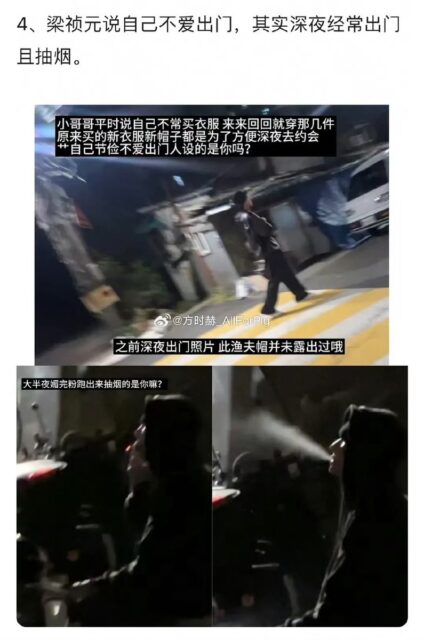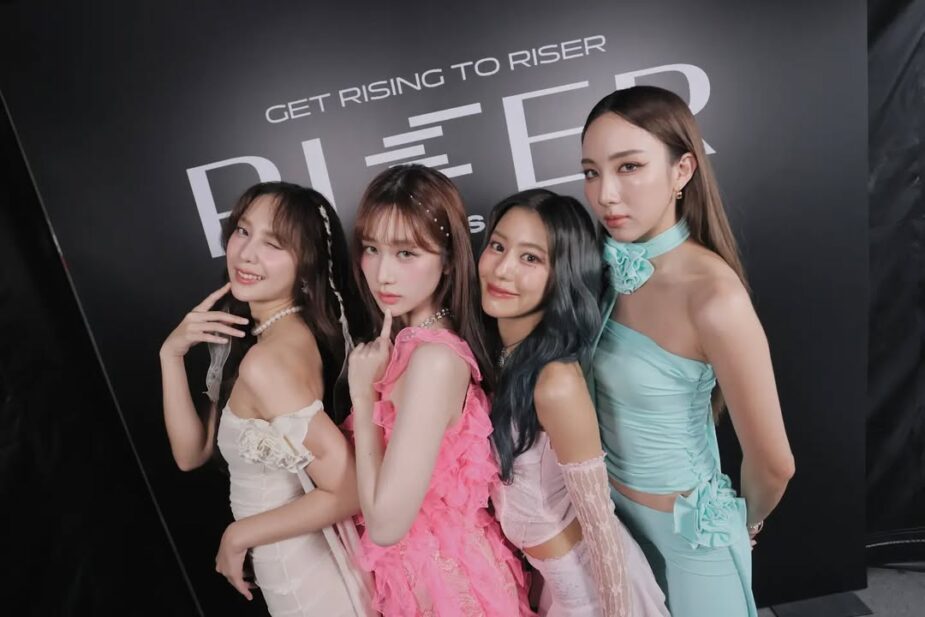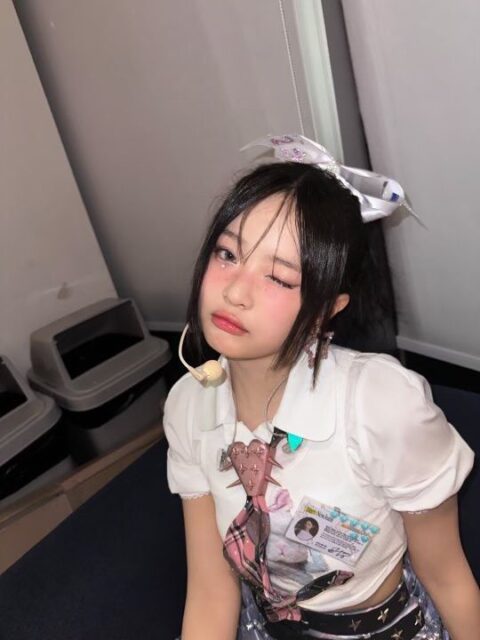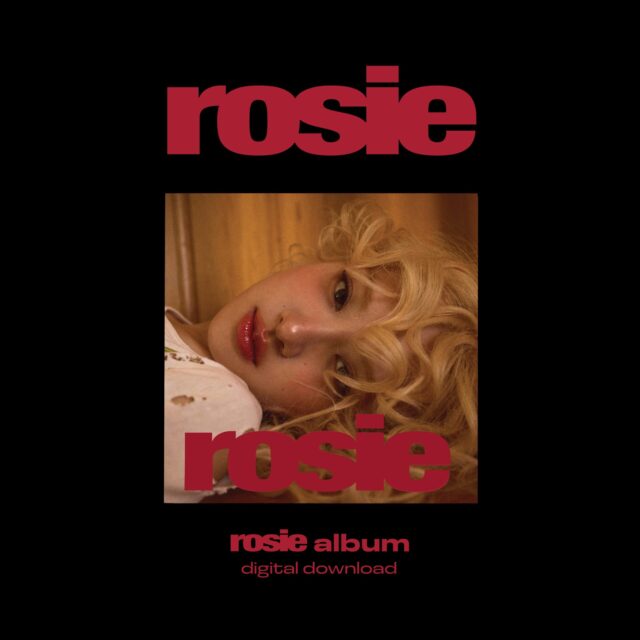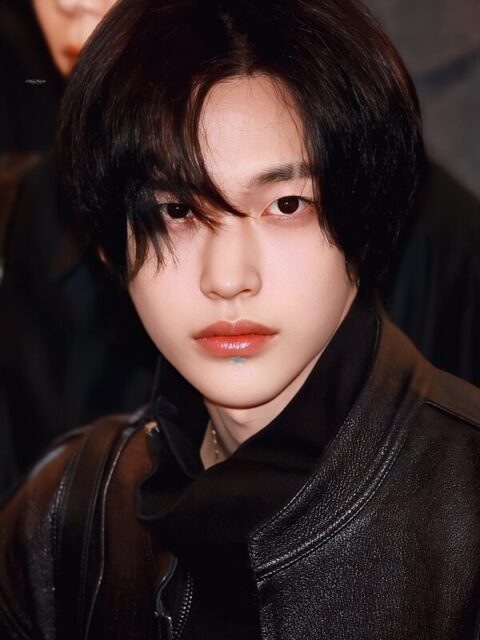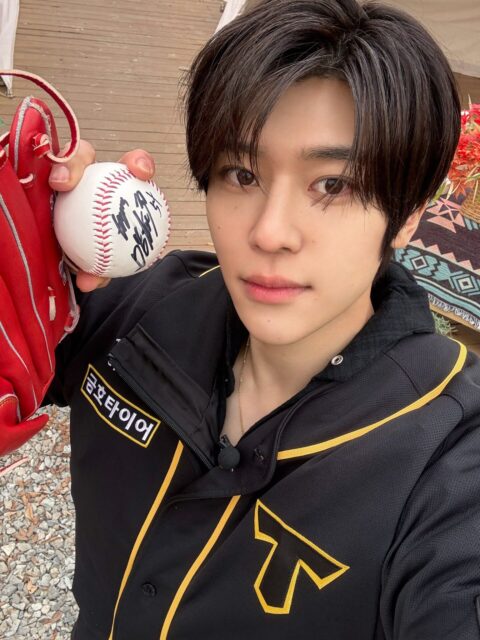Recent accusations by ADOR CEO Min Hee Jin against HYBE have raised some eyebrows and caused plenty of confusion, recently. In her accusations, Min Hee Jin calls out HYBE for suggesting that she make bulk purchases of NewJeans‘ albums to help their positions in the charts. While she claimed to have rejected the suggestion, she inadvertently revealed to the public the “new method of chart manipulation” that HYBE had come up with.
Netizens Call For Investigations To Be Launched Against All HYBE Groups After Explosive Chart Manipulation Accusation
As the fiasco continues to grow, more and more accusations have been pouring out. With the various translations of original Korean texts and multiple new phrases being coined across social media and K-Pop News sites, keeping up with the drama can be confusing. Here’s some clarification on those confusing accusations:
1. “Album Push” vs. “Chart Manipulation”
In more recent exposés, HYBE revealed some texts that Min Hee Jin had allegedly exchanged with an ADOR executive. In the text message thread, she claimed that they needed to make use of the media to help them expose HYBE.
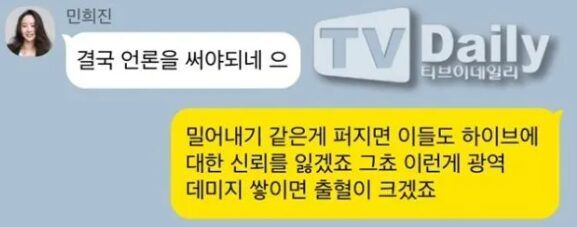
- MHJ: So you’re saying we need to use the media, ugh.
- Lee: If HYBE’s chart manipulation is exposed then people will lose faith in them, right? If these damages add up, their bleeding would be huge.
While the Korean word used (“밀어내기”) literally translates to “album push,” this is a term that was coined by the executives involved in this conversation. “Album push” does not refer to the marketing or promotion of an album, rather, it means to push the album up the charts. Min Hee Jin and the ADOR executive used this term to refer to the new method that HYBE had allegedly been using to help boost numbers on the charts. Another term used to refer to this same practice is “advance buying.” It is referred to as “chart manipulation” in some translations as “advance buying” does indeed manipulate the numbers on the charts. Refer to the next point on advance buying for more information.
Contrary to misconceptions by fans, “album push” is not a way of making album distributors pre-order, or using marketing strategies. Min Hee Jin directly links “album push” and “advance buying” as the same thing in her accusations.
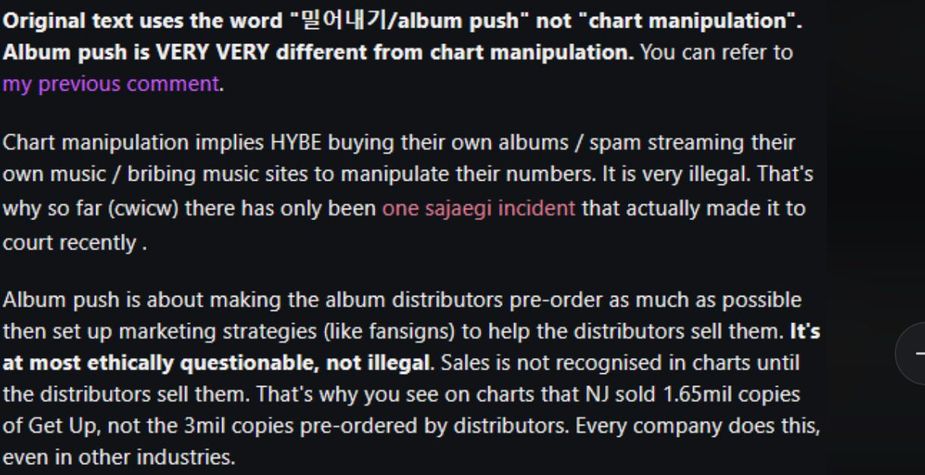
2. “Advance Buying”
Media outlets and netizens have been referring to this method as “땡겨쓰기” in Korean, which literally translates to “advance use” or “advance buying.” What HYBE has allegedly been doing is “advance buying” albums in bulk from retailers to help boost the first-week sales numbers. These albums would then later be returned to the retailers who would refund the company, in this process deals would be arranged for fan signs with the retailers, leading to the stock eventually being used up. Fan signs are integral to album sales, but they usually only come in later during the promotional cycle, rendering them useless for boosting first-week sales numbers. First-week sales numbers are important in the artists’ image as a popular group, and will help them chart on not only Hanteo Chart, but also other music charts. For Hanteo Chart, any purchase receipt is acknowledged, regardless of refund status. You can read more about it below.
New Sajaegi Method? — An In-Depth Look Into ADOR Min Hee Jin’s Allegations Of HYBE Using Sajaegi For All Their Groups
This is why many netizens have been referring to this as “a new method of sajaegi.” While this practice is not illegal (yet), it is still a form of manipulating the charts, as advance buying helps boost the albums’ position on the charts by inflating album sales numbers without reflecting actual first week interest. While it is not part of the traditional sajaegi methods (refer to “3. Sajaegi”), netizens consider this a way HYBE has formed a loophole for itself.
3. Sajaegi
Sajaegi is the most traditional and longstanding method of chart manipulation. As such, it is the most widely recognized Korean term for the English translation “chart manipulation.” It refers, however, to only one method of chart manipulation and should not be considered the sole equivalent of the English term. What is sajaegi? Sajaegi refers to bulk streaming online or bulk buying of albums. For streams, this is usually done through illegal platforms and services. For bulk buys, companies can do this by themselves in secret, or they can do it through a retailer. Sajaegi is illegal on all accounts.

4. Why do netizens refer to “advance buying” as “sajaegi?”
In many netizens’ eyes, advance buying should be considered illegal. As it is a new method that has not been previously exposed to the public, no law has been passed on it yet. However, it is still a way for companies to manipulate the charts, pushing their groups’ albums to higher rankings.
While there have been questions about whether “advance buying” or “album pushing” truly helps chart performance, the bottom line is that it does. “Pre-orders” used to be a way for companies to boost chart rankings, especially first-week sales. However, pre-orders are different from the advance buying method that Min Hee Jin has accused HYBE of doing. Some fans have misunderstood the concept. The albums are not pre-ordered, neither are they refunded to the company. The company buys the albums from the retailers, not the other way around. After the sales and receipts have been recorded, they return the albums back to the retailers and obtain refunds. This cleans their hands of illegal bulk buying. Later, they strike deals with the retailers to help the retailers clear the stock through fansigns.
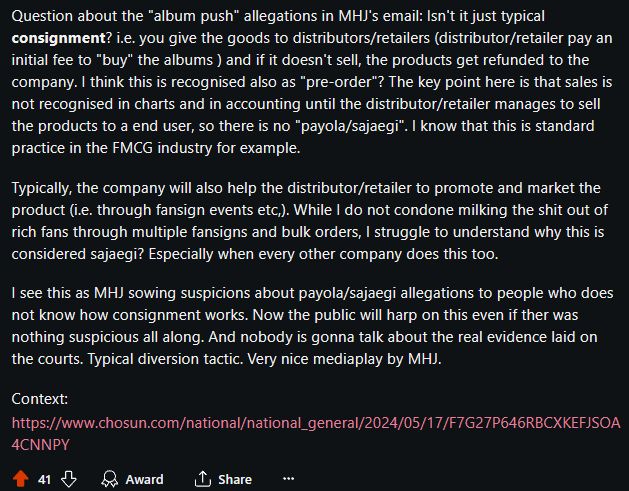
All in all, while “advance buying” or “album pushing” has not yet been deemed illegal, therefore, not grouped under “sajaegi” yet, it is still a way for companies to manipulate sales numbers and therefore, the charts.
